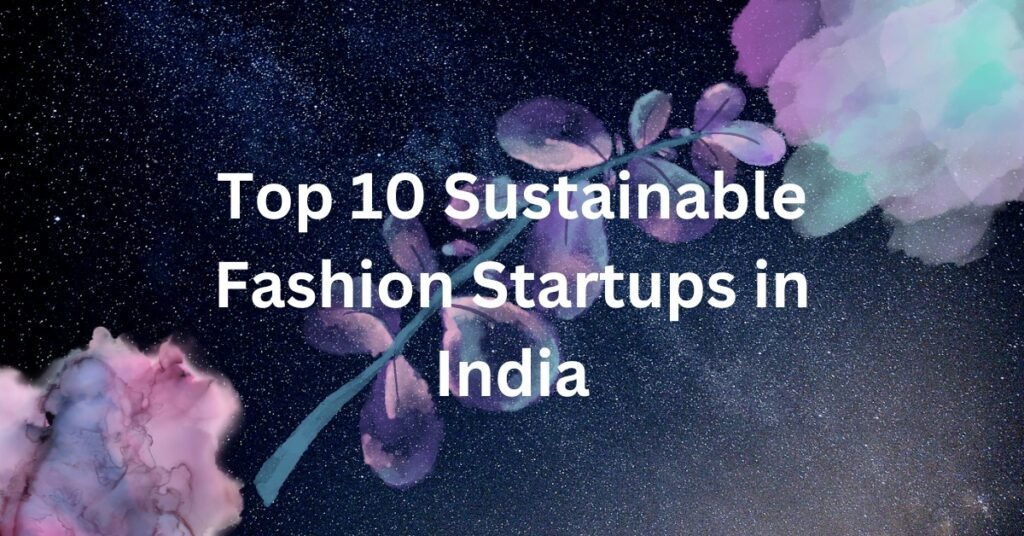
India, known for its vibrant textile industry, is also witnessing a burgeoning trend towards sustainable fashion. With a growing awareness of environmental impact and social responsibility, several startups have emerged, combining style with sustainability. Here’s a look at the top 10 sustainable fashion startups in India that are leading the charge:
1. No Nasties

No Nasties focuses on producing fair trade and organic clothing, primarily using organic cotton. They prioritize transparency in their supply chain and adhere to ethical practices throughout their operations
| tartup Name | No Nasties |
|---|---|
| Focus | Fair trade and organic clothing |
| Materials | Organic cotton |
| Practices | Transparency in supply chain, ethical practices |
No Nasties focuses on fair trade and organic clothing, primarily made from organic cotton. They ensure transparency in their supply chain and promote ethical practices throughout their operations.
2. Bareek

Bareek specializes in handcrafted clothing made from natural fibers such as khadi and organic cotton. They promote minimalistic designs and work closely with local artisans to preserve traditional craftsmanship.
| Startup Name | Bareek |
|---|---|
| Focus | Handcrafted clothing with natural fibers |
| Materials | Khadi, organic cotton |
| Practices | Minimalistic designs, traditional craftsmanship |
Bareek specializes in handcrafted clothing using natural fibers like khadi and organic cotton. They emphasize minimalistic designs and work closely with local artisans to promote traditional craftsmanship.
3. Doodlage
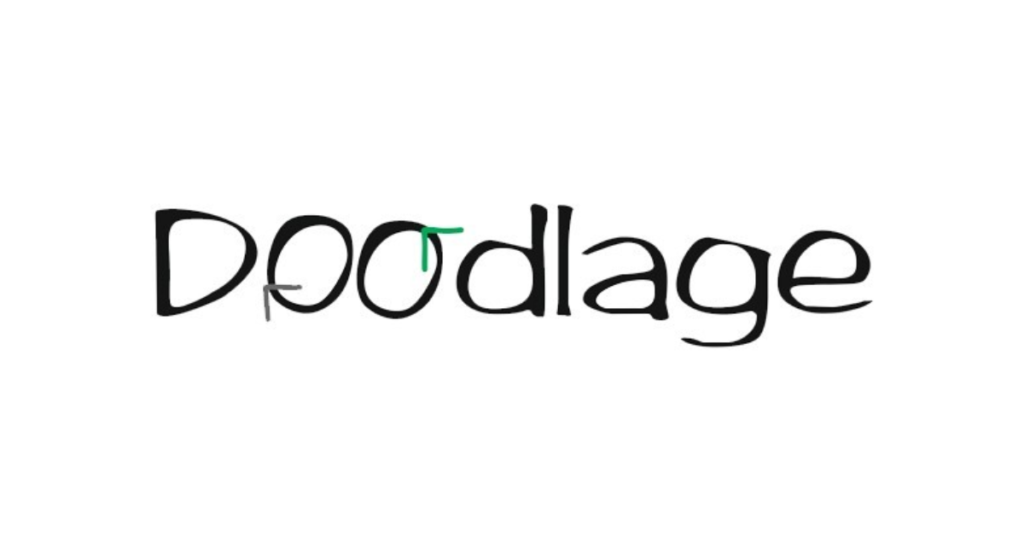
Doodlage is known for upcycling industrial waste and surplus fabrics into stylish garments. They showcase creativity in design while reducing waste that would otherwise end up in landfills.
| Startup Name | Doodlage |
|---|---|
| Focus | Upcycled fashion using industrial waste |
| Materials | Surplus fabrics, scraps |
| Practices | Creativity in design, waste reduction |
Doodlage upcycles industrial waste and surplus fabrics into trendy, high-fashion garments. Their designs are known for their creativity and sustainability, making use of scraps that would otherwise contribute to landfills.
4. Upasana
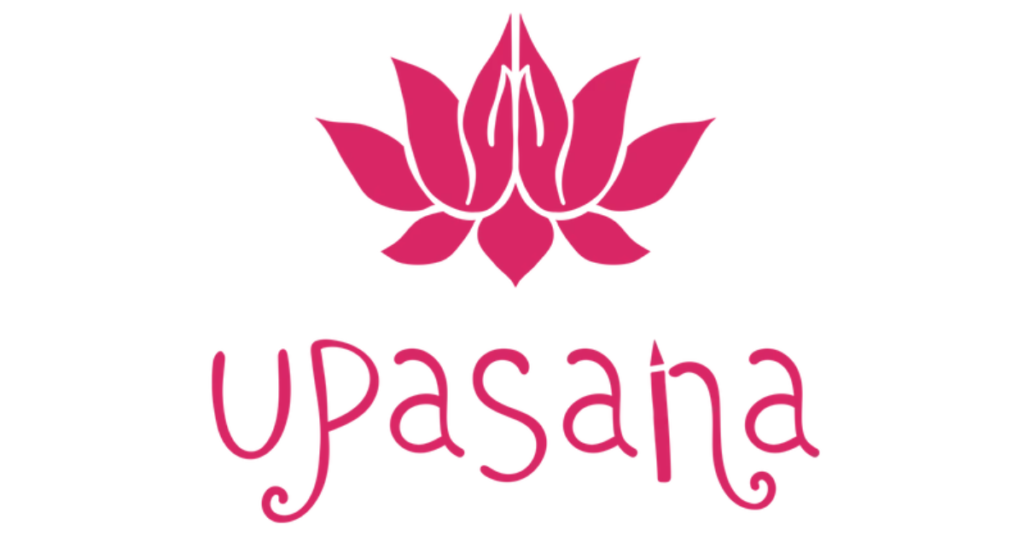
Upasana integrates sustainable practices with social impact by working closely with local communities and artisans. They produce eco-friendly clothing and advocate for a circular economy model.
| Startup Name | Upasana |
|---|---|
| Focus | Sustainable practices with social impact |
| Materials | Eco-friendly fabrics |
| Practices | Community engagement, circular economy |
Upasana integrates sustainable practices with social impact by working closely with local communities and artisans. They produce eco-friendly clothing and promote a circular economy model.
5. Nicobar
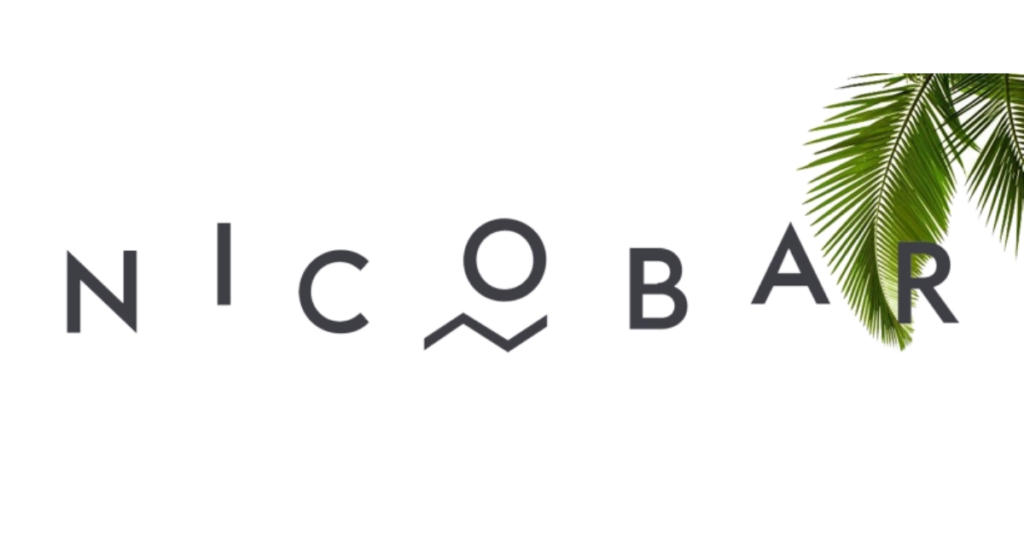
Nicobar combines contemporary fashion with sustainable materials, focusing on natural fabrics and timeless designs. They aim to promote longevity in fashion while reducing environmental impact.
| Startup Name | Nicobar |
|---|---|
| Focus | Contemporary fashion with sustainable materials |
| Materials | Natural fabrics |
| Practices | Timeless designs, longevity in fashion |
Nicobar combines contemporary fashion with sustainable materials and practices. They focus on natural fabrics and timeless designs, aiming for longevity and reducing the environmental footprint of their products.
6. The Summer House

The Summer House emphasizes organic textiles and eco-friendly dyes in their clothing lines. They prioritize transparency in production processes and advocate for mindful consumption of fashion.
| Startup Name | The Summer House |
|---|---|
| Focus | Organic textiles and eco-friendly dyes |
| Materials | Eco-friendly fabrics |
| Practices | Transparency, mindful consumption |
The Summer House emphasizes organic textiles and eco-friendly dyes in their clothing lines. They prioritize transparency in their production processes and advocate for mindful consumption.
7. BLabel
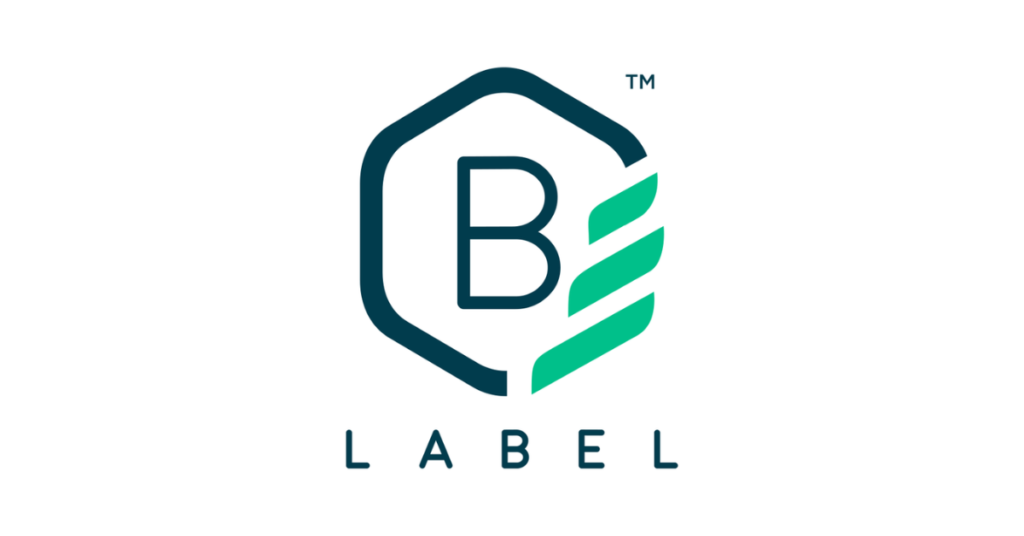
BLabel promotes slow fashion through sustainable and cruelty-free clothing. They use eco-friendly materials like organic cotton and bamboo, emphasizing ethical manufacturing practices.
| Startup Name | BLabel |
|---|---|
| Focus | Slow fashion with ethical practices |
| Materials | Organic cotton, bamboo |
| Practices | Cruelty-free clothing, sustainable manufacturing |
BLabel promotes slow fashion through sustainable and cruelty-free clothing. They prioritize ethical manufacturing and use eco-friendly materials like organic cotton and bamboo.
8. Ethicus

Ethicus specializes in handwoven sarees made from organic cotton and natural dyes. They support rural weavers and promote sustainable farming practices in the textile industry.
| Startup Name | Ethicus |
|---|---|
| Focus | Handwoven sarees with organic cotton and natural dyes |
| Materials | Organic cotton, natural dyes |
| Practices | Support for rural weavers, sustainable farming |
Ethicus specializes in handwoven sarees made from organic cotton and natural dyes. They support rural weavers and promote sustainable farming practices in the textile industry.
9. Kanelle

Kanelle focuses on contemporary fashion with a sustainable edge, using eco-friendly fabrics and implementing ethical production practices. They aim to create stylish yet environmentally conscious clothing.
| Startup Name | Kanelle |
|---|---|
| Focus | Contemporary fashion with sustainability |
| Materials | Eco-friendly fabrics |
| Practices | Ethical production, stylish and eco-conscious |
Kanelle focuses on contemporary fashion with a sustainable edge. They use eco-friendly fabrics and implement ethical production practices to create stylish and environmentally conscious clothing.
10. Péro
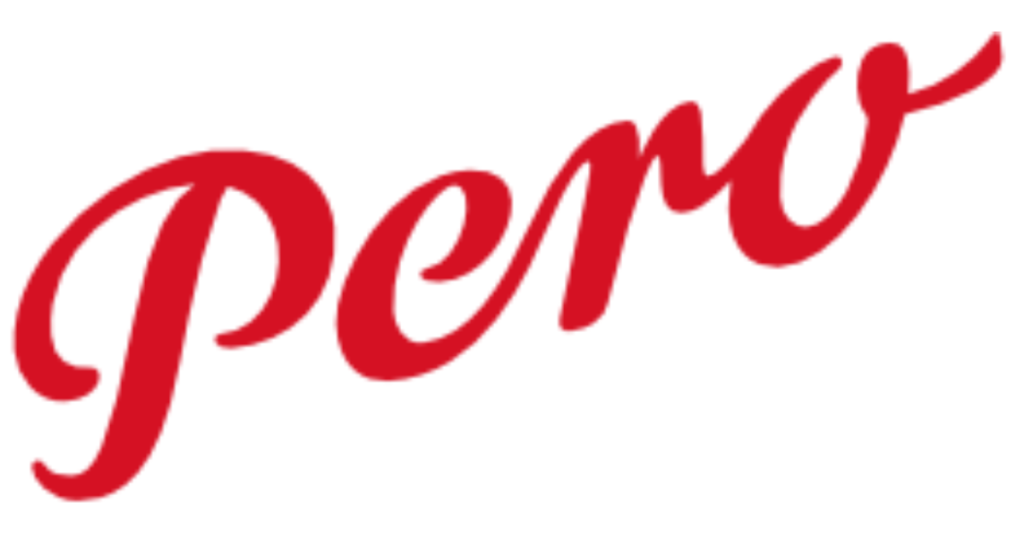
Péro blends traditional Indian textiles with modern silhouettes. They prioritize craftsmanship and sustainability, using organic fabrics and supporting local artisans in their production.
| Startup Name | Péro |
|---|---|
| Focus | Blend of traditional Indian textiles and modern silhouettes |
| Materials | Organic fabrics |
| Practices | Craftsmanship, sustainability, support for local artisans |
Péro blends traditional Indian textiles with modern silhouettes. They emphasize craftsmanship and sustainability, using organic fabrics and supporting local artisans in their production.
Frequently asked questions (FAQs) about Top 10 Sustainable Fashion Startups in India
1. What is sustainable fashion?
Answer: Sustainable fashion refers to clothing and accessories that are designed, produced, and distributed in ways that minimize their environmental impact and promote social responsibility. This includes using eco-friendly materials, reducing waste, and ensuring fair labor practices throughout the supply chain.
2. Why is sustainable fashion important?
Answer: Sustainable fashion is important because the traditional fashion industry is known for its significant environmental and social impacts. By adopting sustainable practices, fashion brands can reduce pollution, conserve resources, support ethical labor conditions, and contribute to a more sustainable future.
3. How do sustainable fashion startups in India promote sustainability?
Answer: Sustainable fashion startups in India promote sustainability by using organic and eco-friendly materials, upcycling waste materials, practicing fair trade and ethical manufacturing, supporting local artisans and communities, and promoting transparency in their supply chains.
4. What are some examples of sustainable materials used by these startups?
Answer: Sustainable fashion startups in India often use materials such as organic cotton, bamboo fabric, hemp, recycled polyester, Tencel (made from sustainably sourced wood pulp), and natural dyes. These materials have lower environmental impacts compared to conventional fabrics.
5. How can consumers support sustainable fashion startups?
Answer: Consumers can support sustainable fashion startups by choosing to buy from brands that prioritize sustainability, asking questions about sourcing and production practices, opting for durable and timeless pieces, participating in clothing swaps or second-hand markets, and spreading awareness about sustainable fashion practices.
6. What are the challenges faced by sustainable fashion startups in India?
Answer: Some challenges faced by sustainable fashion startups in India include higher production costs associated with eco-friendly materials and ethical labor practices, educating consumers about the benefits of sustainable fashion, scaling operations while maintaining sustainability standards, and navigating complex supply chains.
7. How can sustainable fashion contribute to the Indian economy?
Answer: Sustainable fashion can contribute to the Indian economy by creating employment opportunities, particularly in rural areas where traditional crafts are preserved and promoted. It can also attract international markets interested in ethical and eco-friendly products, thus boosting exports and supporting local communities.
8. Are sustainable fashion startups more expensive?
Answer: Sustainable fashion startups may have slightly higher price points compared to fast fashion brands due to the use of eco-friendly materials and ethical production practices. However, many consumers view this as an investment in quality, durability, and supporting ethical values.
9. How can startups ensure their sustainability claims are credible?
Answer: Startups can ensure their sustainability claims are credible by obtaining third-party certifications (such as GOTS for organic textiles, Fair Trade certification, or certifications for eco-friendly materials), providing transparency about their supply chains and production processes, and engaging in dialogue with stakeholders about their sustainability efforts.
10. What trends are shaping the future of sustainable fashion in India?
Answer: Trends shaping the future of sustainable fashion in India include the rise of circular fashion (recycling and upcycling), innovative use of sustainable materials, adoption of technology for transparency and traceability, collaborations between traditional artisans and modern designers, and growing consumer demand for ethical and eco-friendly products.
These startups exemplify India’s growing commitment to sustainable fashion, blending innovation with eco-conscious practices. By prioritizing ethical sourcing, fair trade, and environmental stewardship, they pave the way for a more sustainable future in the fashion industry.
Last Updated on Thursday, June 27, 2024 6:22 pm by Delhi News Wire Team